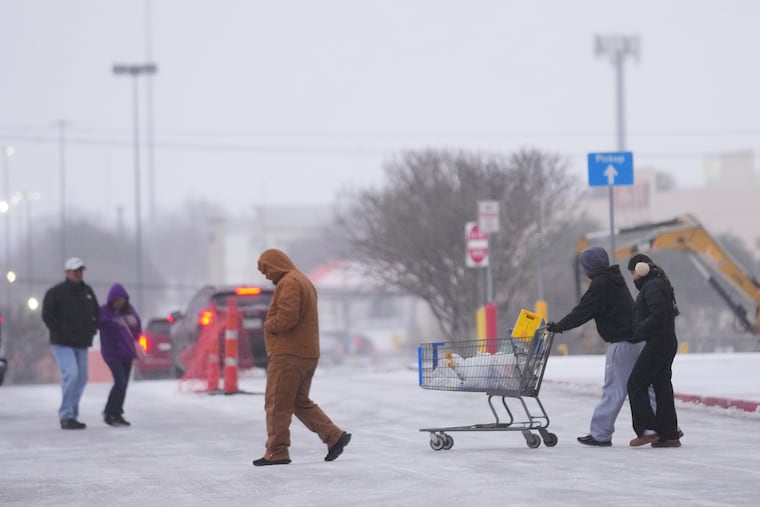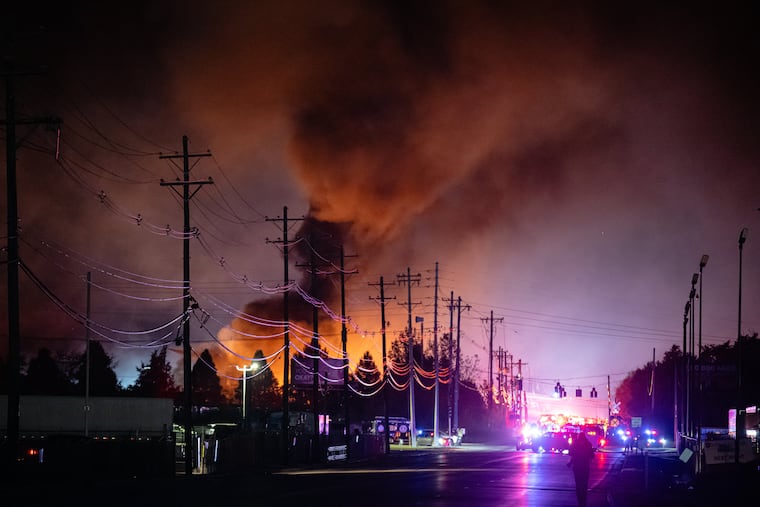Father holds newborn son for first time after government denies request for earlier release.
Mahmoud Khalil, a Palestinian activist detained by U.S. immigration authorities, has emerged as a prominent figure in the protests at Columbia University, particularly following the birth of his son, Deen. On a recent Thursday, Khalil was granted the opportunity to hold his newborn for the first time, an event highlighted by his legal team ahead of his upcoming immigration court date.
The situation surrounding Khalil has intensified as his legal representatives engaged in a protracted battle over the Trump administration’s refusal to allow physical contact between Khalil and his family during his immigration detention in Louisiana. His wife, Dr. Noor Abdalla, and newborn son traveled more than six hours and 1,500 miles to meet Khalil, underlining the family’s commitment as they sought to connect under challenging circumstances. Khalil’s attorney Baher Azmy noted the emotional significance of this reunion, emphasizing the lengths to which the family had gone to facilitate this meeting.
Khalil’s attorneys had petitioned a federal judge for intervention, citing the harsh conditions imposed by the administration. The government countered claims for visitation, arguing that it would provide Khalil with undue privileges not extended to other detainees, characterizing it as a security risk. However, after deliberation, New Jersey Federal Judge Michael Farbiarz granted permission for this deeply significant moment. Legal expert Ramzi Kassem remarked on the unusual intensity of the government’s tactics against Khalil, expressing concerns over the agility with which these challenges come to bear.
The broader implications of Khalil’s case are considerable, especially as his legal team prepares to contest his deportation. They intend to argue against the accusations of misconduct against the Trump administration and seek the termination of legally dubious proceedings stemming from Khalil’s alleged arrest without a warrant. If the presiding judge rules against Khalil, his legal representatives plan to present evidence supporting his application for asylum based on potential dangers he could face if returned to Syria or Algeria.
Khalil, who was apprehended at his Columbia apartment while Abdalla was eight months pregnant, remains a focal point for discussions on free speech and immigration law. As he completed his master’s degree at Columbia’s School of International and Public Affairs in December, his academic journey was marred by a complex web of political motivations attributed to his activism. He has consistently denounced antisemitism and has been involved in challenging the characterization of his political stance in relation to Hamas, a designated terrorist organization in the United States.
While Khalil’s legal battles unfold, they occur in a larger context of increased scrutiny of international student activists under the current administration. As federal courts release several activists from detention, questions arise regarding the motivations behind Khalil’s continued deportation efforts. Meanwhile, the outcome of his case remains uncertain, as his supporters rally for a resolution that allows him to reclaim his position at Columbia and a life with his family.
Media News Source







